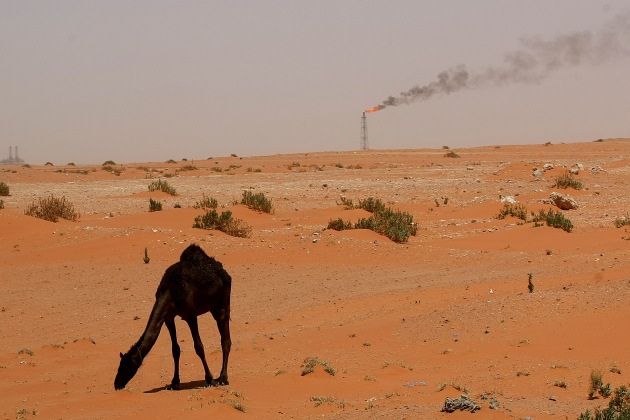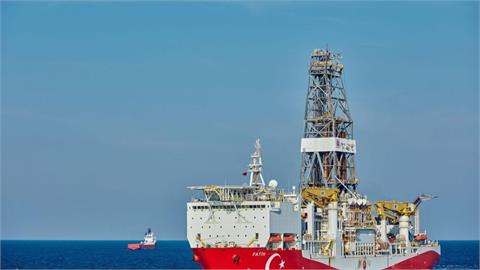by Liam Denning* Groucho Marx didn’t want to belong to any club that would accept him as a member. Do OPEC countries ever feel the same?
Groucho Marx didn’t want to belong to any club that would accept him as a member. Do OPEC countries ever feel the same?
The cartel meets on Wednesday for a special session, mostly so Venezuela can present its plan to establish and enforce a price band for oil of $70 to $100 a barrel. Venezuela is a founding member of OPEC, so certain courtesies must be extended for appearances' sake. Yet one member in particular, which holds a certain level of influence, would be mad to actually embrace the plan.
Venezuela is a mess, "the weakest link in the oil supply chain” as energy economist Phil Verleger puts it. Foreign exchange reserves just hit a 12-year low of $15.3 billion, and the country has $4.5 billion of debt payments this month and next. Food shortages, looting and blackouts are stoking misery and tension ahead of December elections. Venezuela needs the extra cash flow higher oil prices would bring, and it needs it now.
Unless Saudi Arabia, OPEC’s de facto leader, is in a pitying mood, it won’t do anything to help. Yes, it has been burning through its own foreign exchange reserves. But as the chart below shows, it still has a lot of them. There’s some bad blood between Riyadh and Caracas anyway. Venezuela’s attempt to maximize its own production and take market share in the mid-1990s was one of the major causes of the 1998 price crash. It ultimately took concerted action on the part of OPEC and other producers outside the group to curb supply to support prices.

More importantly, Saudi Arabia only has to listen to other voices from around the global oil industry to see that it would make no sense to cut supply now with the aim of boosting prices.
Reporting third-quarter results this week, oilfield services giants Schlumberger and Halliburton portrayed a global oil and gas industry doing its best to keep producing barrels for cash flow now, but simultaneously slashing investment in new output. In other words, lower oil prices are forcing Saudi Arabia’s competitors to retrench, but the war isn’t over.
The conflict extends to within OPEC’s own ranks. Arch-rival Iran, which has also called for production cuts from fellow members to support prices, is gearing up to push as much extra supply as it can back onto the market when sanctions are lifted. Iraq, meanwhile, is producing at its highest level ever despite having been sucked into Syria’s civil war. Even Kuwait, a fellow Gulf Cooperation Council state, has boosted the discount on its oil versus Saudi Arabia’s to its widest levels ever, undercutting it.
OPEC’s coherence and relevance have waxed and waned over the past 55 years. Right now, it is at a low point.
Venezuela is partly to blame. When former president Hugo Chavez purged state oil company PdVSA of undesirables, he also purged the country of almost 1 million barrels a day of highly desirable production over the course of the first decade of this century. Coinciding with China’s sudden thirst for crude, that supply shock helped drive prices to the triple-digit levels that helped unlock shale, pushed the majors ever deeper into offshore waters and oil sands, and spurred renewed efforts to curb consumption -- all long-term threats to the value of Saudi Arabia’s reserves.
Meanwhile, Nigeria, Libya and a large swathe of the Middle East all have proven to be unreliable sources of supply in the past decade or so. Indeed, of the OPEC members who have been in the club since at least 1970, half saw their output peak a decade or more ago.
Saudi Arabia needn’t formally disband the club altogether -- why give up such a platform and all those jamborees in Vienna? Neither, though, does it make sense to let the weakest members dictate the rules. Rather, if it is taking time for the likes of Russia, Canada and the shale producers to pull back, then the supply response OPEC needs may well come via an economic crisis in one of its own members. No prizes for guessing which member that might be.
*Energy Columnist, Bloomberg
(www.bloombergview.com, 20 Oct., 2015)




